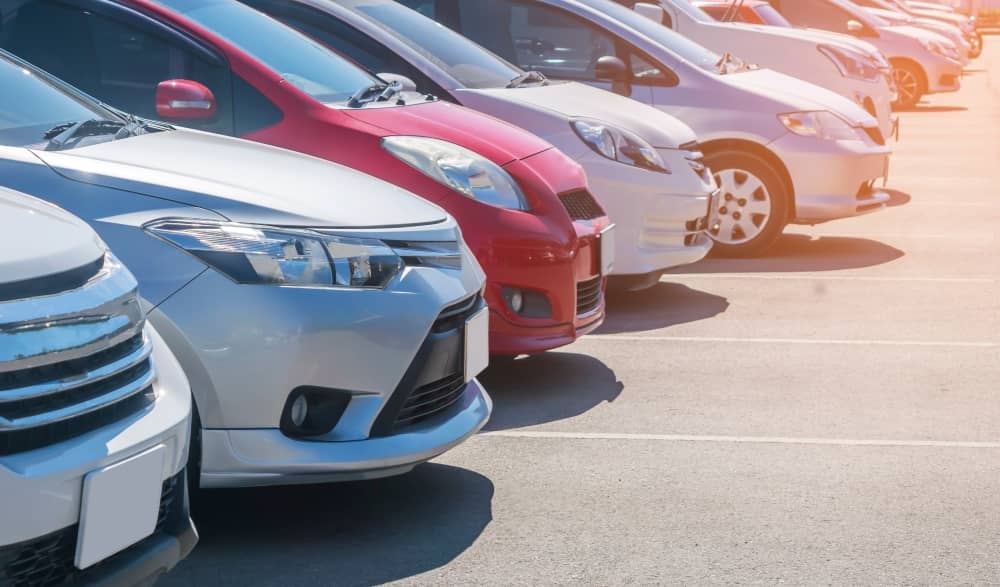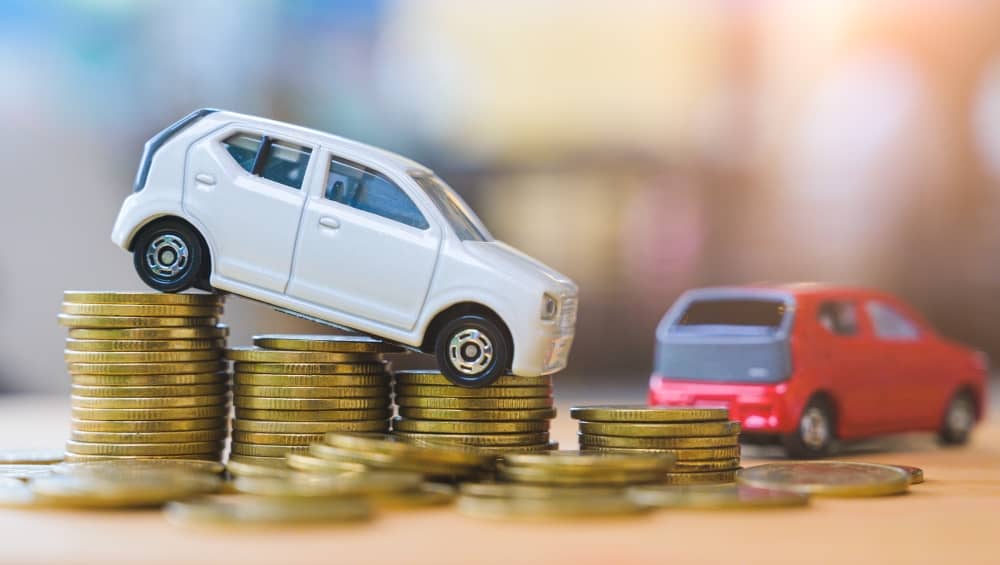There is nothing quite like the feeling of driving a new car off the lot for the first time. While caught up in the moment, the depreciation of your vehicle is probably not on your mind.
Your car may seem like an investment (and it is a significant purchase) it is not an asset you can expect to gain value over time. The average new car depreciates by up to 15 per cent the moment you are off the dealer’s lot. After the first year, you own the vehicle, you can expect another hit of 10-15 per cent.
In Australia, car depreciation is the most expensive cost of owning a car. While this may seem unjust, it is an inescapable fact of car ownership. So, learning more about depreciation can help prepare you for what is in store for you.
About Car Depreciation
Aside from the initial depreciation when purchasing a new vehicle and the subsequent loss of value over your first year of ownership, you can expect that your car will continue to drop in value over time.
For example, a car with an average depreciation rate will lose 58 per cent of its value after the first three years. After 10 or 11 years, some models will have a value of close to zero.
Wear and tear on your vehicle are typical reasons for your car’s decline in value. Automakers also contribute to the fast cycle of depreciation. Like clockwork, cars with newer options roll off the assembly lines and into dealer showrooms. When this happens, your car becomes closer to obsolete. The faster-updated versions of vehicles appear the sooner cars currently on the road lose their value.
What Factors Lead to Depreciation?
Several conditions will lead to a loss in a car’s value. These include:
- The Make and Model – These details will significantly impact your car’s value. Australians are fond of Honda, Toyota, Mazda, and Ford. These brands are all big sellers, and SUVs are among the manufacturers’ top selling. These vehicles tend to hold value more than other types.
- The Vehicle’s Age – As cars age, their value drops. However, this is not purely judged on the year a car was built: the car’s appearance and the miles driven impact what is known as a vehicle’s age.
- Features and Equipment – All of the bells and whistles on a car can improve its resale value. However, adding new features with the hope of balancing some depreciation may backfire. So, unless you add touches you want for yourself, it may not be worth the cost.
- Maintenance – If your car is expertly cared for and is up to date with all tune-ups (from services such as Elite Tune), oil changes, and so forth, it may depreciate less than a similar model that was poorly maintained.
- Condition of the Interior and Exterior of the Vehicle – Just as maintenance matters, how your car looks makes a difference in its value. An auto with a pristine interior and exterior will depreciate a bit less.
- Fuel Efficiency – Cars that use less gas will generally have more value than those with poorer fuel economy.
- Manufacturer’s Reputation – There will always be a few brands of vehicles that retain their value better than others. While some of the value is based on perceived value, generally, superior manufacturers will rise to the top

Are There Ways to Avoid Car Depreciation?
While all cars will depreciate, the best way to avoid loss in value is to head it off before you purchase your car.
- Do Your Research – If you are serious about staving off depreciation, you need to look down the road to when you will sell the car you are about to purchase today.
- Check to see which cars are consistently popular and which features are in demand.
- A car with mainstream details like an automatic transmission in the colours silver, blue, white, or black will depreciate slower and have a better resale value than a neon orange car with a manual transmission
- Aim for the best fuel economy possible and remember the lower your odometer the higher the value
- Environmentally Conscious is a Great Way to Go – As we are continually challenged to do better for the planet, car manufacturers are following suit. A gas-guzzling vehicle will have a greater depreciation than a fuel-efficient car
- Consider a Secondhand Car – Unless you have a reason to buy a brand new car (other than the enjoyment of buying a brand new car) you can save a great deal in depreciation costs by purchasing a car that is just two or three years old.
How Can I Calculate My Car’s Depreciation Rate?
Finding out your car’s depreciation rate takes a few calculations and a bit of research. To start, find the value of the car when it was new and the value of the car now:
- Subtract to find the difference between the two figures
- Divide the difference by the new car value multiplied by 100
Example of Car Depreciation Rate
$35,880 (when new car value) $23,700 (current car value)
35,880-23,700= 12,180
12,180 ÷ 35,880 x 100= 33.94% (depreciation rate of the car)
Am I Able to Claim My Car Depreciation on My Income Tax?
If your car is strictly for personal use, then you are not permitted to claim the depreciation against your taxes. However, if your car is for work purposes, you might be able to claim a portion of the depreciation if you meet the Australian Tax Office’s requirements.
For example:
- Your car is used for a taxable purpose such as producing income
- You must use the Log Book method
- You must own the car or hire it under a hire-purchase agreement.
Other detailed information is accessible through ATO websites.
Whether you are looking for a loan for a new car or a ‘new to you’ car, you do not need to search any further than Loans Unlimited. We understand the challenges that can be a part of getting a car loan, and our team is here to work with you to turn your hopes of buying a car into reality.




